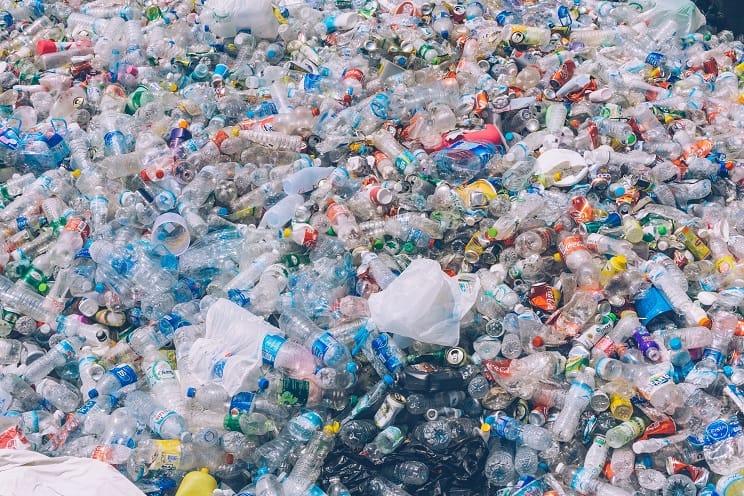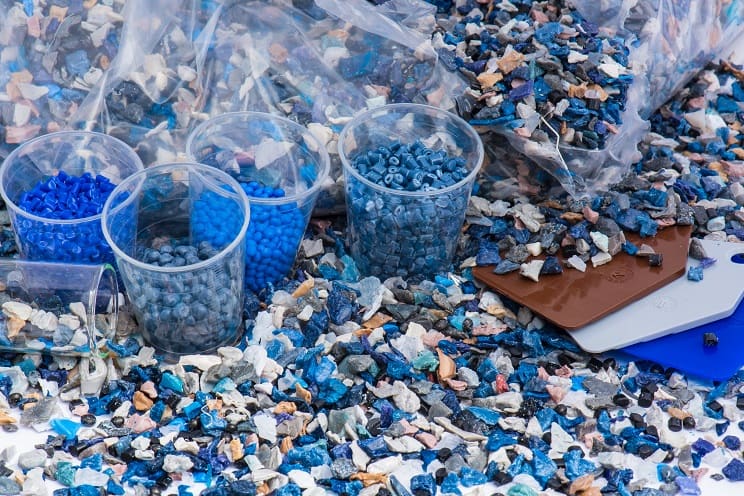Tips to Getting the Maximum Value from Your Plastic Scrap

Recycling plays an important role both in growing our economy and preserving our environment. If you’re regularly recycling your industrial plastic scrap, you’re making important contributions to your community. However, if you’re not getting the most out of your plastic scrap, you’re basically throwing money out the window. To make sure you’re not generating any unnecessary waste—and losing money in the process—it’s important to recognize the differences between a scrap material reprocessor and a recycler. Understanding the distinctions between the two is an important first step in recycling industrial plastic scrap in TN.
Plastic Recyclers
Due to limitations in equipment and technology, as well as other factors, most recyclers are relatively limited as to what they can accomplish. For the most part, their role is to attain cheap and readily available plastic, recycle, and then resell into alternative markets. Furthermore, there are several reasons processors avoid recyclers when it comes to purchasing usable plastics. For instance, it’s hard to trace the origins of the plastics you’re buying, and it’s difficult to prove the product is of an acceptable composition and doesn’t have unwanted materials mixed in. If the plastic is contaminated, it might damage plug runners or mold cavities, causing unnecessary delays in production while the problems are resolved. Also, if you’re combining virgin material with the recycled plastic, there’s a possibility an inferior polymer may result, further affecting quality and delaying production.
Plastic Reprocessors
Reprocessors utilize the latest technological advances to recover contaminated plastics so that they can become usable again. By coming up with recovery solutions to get the most out of industrial plastic scrap, they’re able to make once-contaminated plastic into an inexpensive and reliable alternative to virgin materials. By finding the right partner, manufacturers can be assured of purchasing only the best quality reprocessed plastic to suit their needs.

How to Find the Best Reprocessor for You
To begin with, consider a reprocessor less as a scrap outlet and more as a vendor with whom you hope to form a lasting relationship. Because you’re expecting your processor to do more in terms of creating usable plastic, you should have higher standards. Study their standing in the industry. Do they have a reputation for innovation? You’ll want to make sure you’re getting the most out of your scrap plastic, so that requires a superior organization that keeps up with the latest trends to ensure a superior product. They need to advance as you advance. You’ll want to work with them for a long time, and it won’t do you any good if your manufacturing process modernizes while their reprocessing lags behind.
There’s no reason why you should accept working with a company that can’t provide you with industrial-grade plastic every time. Whatever type of scrap you generate, problems with cross-contaminated regrinds, a vulnerability to metal and polymer contaminants, or other complex feed streams, your reprocessor should be able to consistently transform your scrap plastic into usable material. If you’re ready to get the most out of your plastic scrap, talk to the experts in industrial plastic scrap in Tennessee at Seraphim Plastics LLC. Give them a call today!